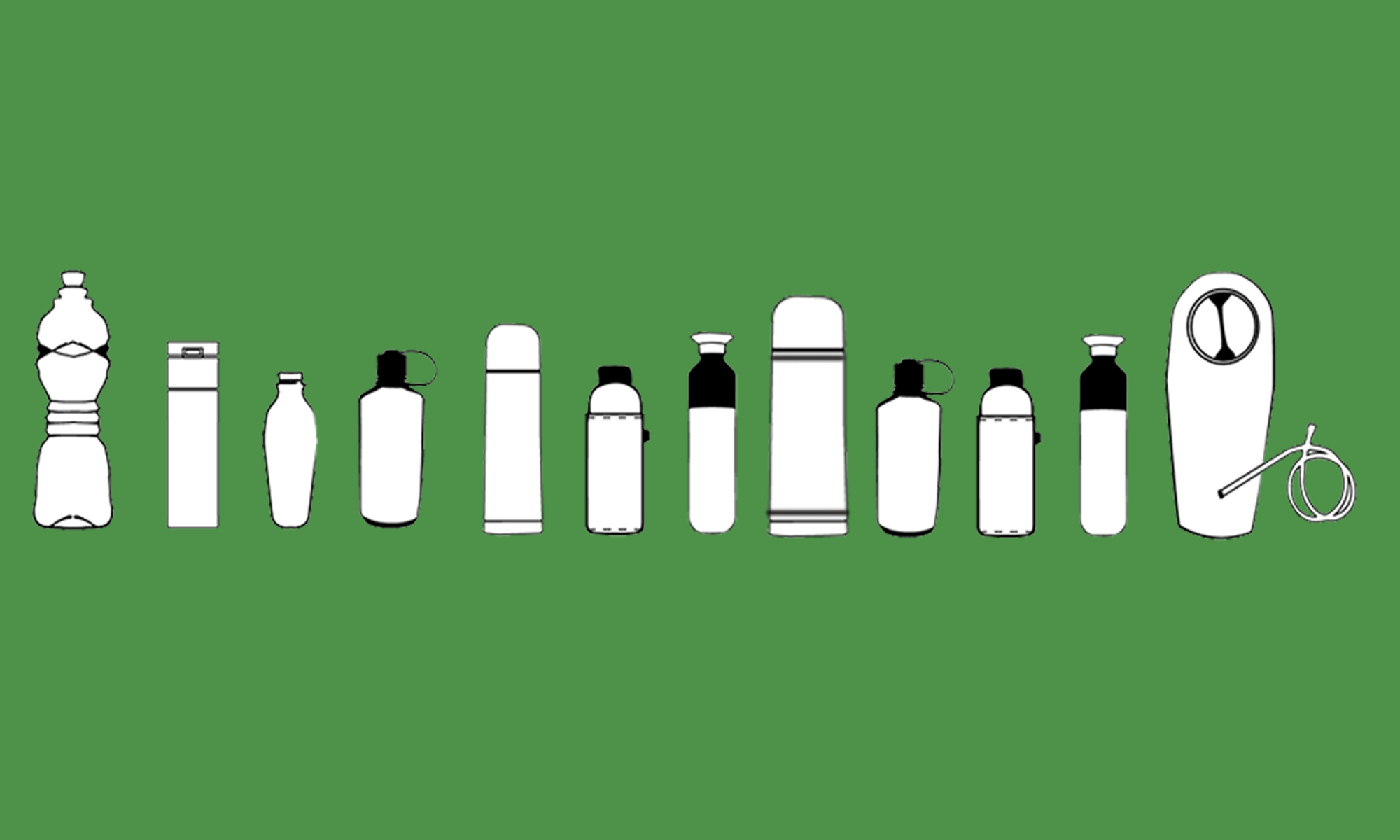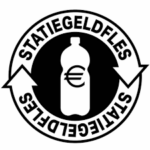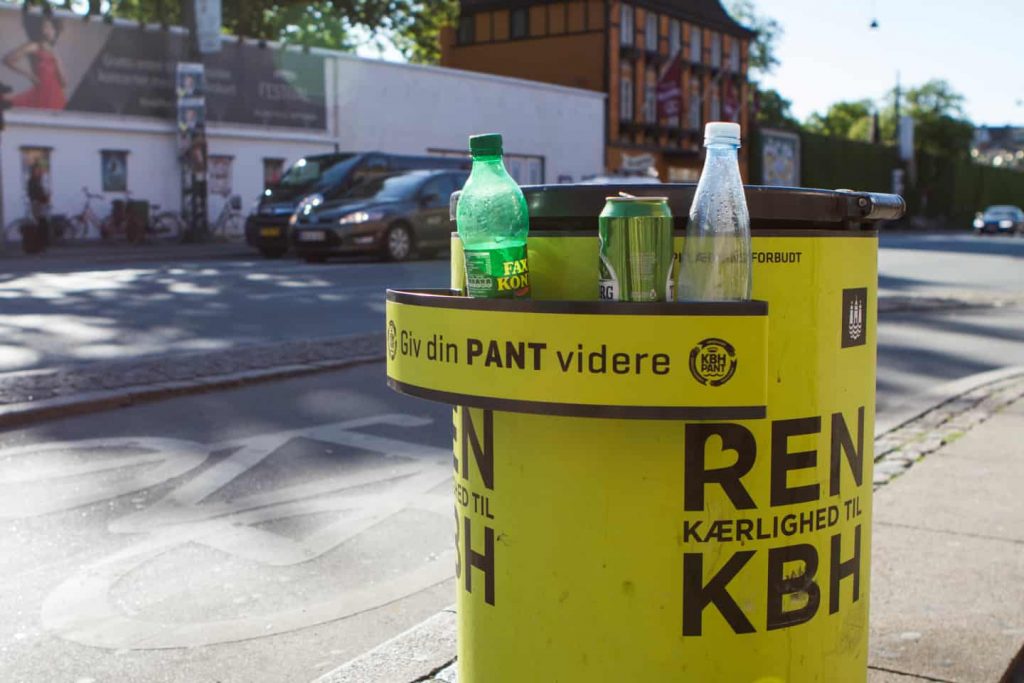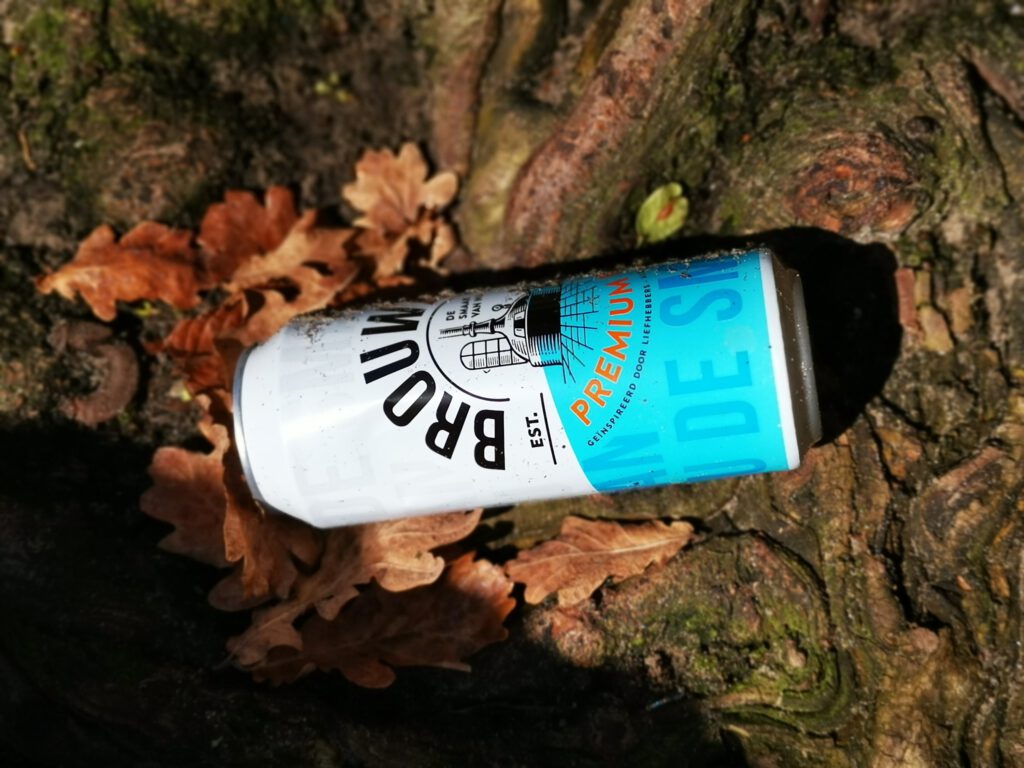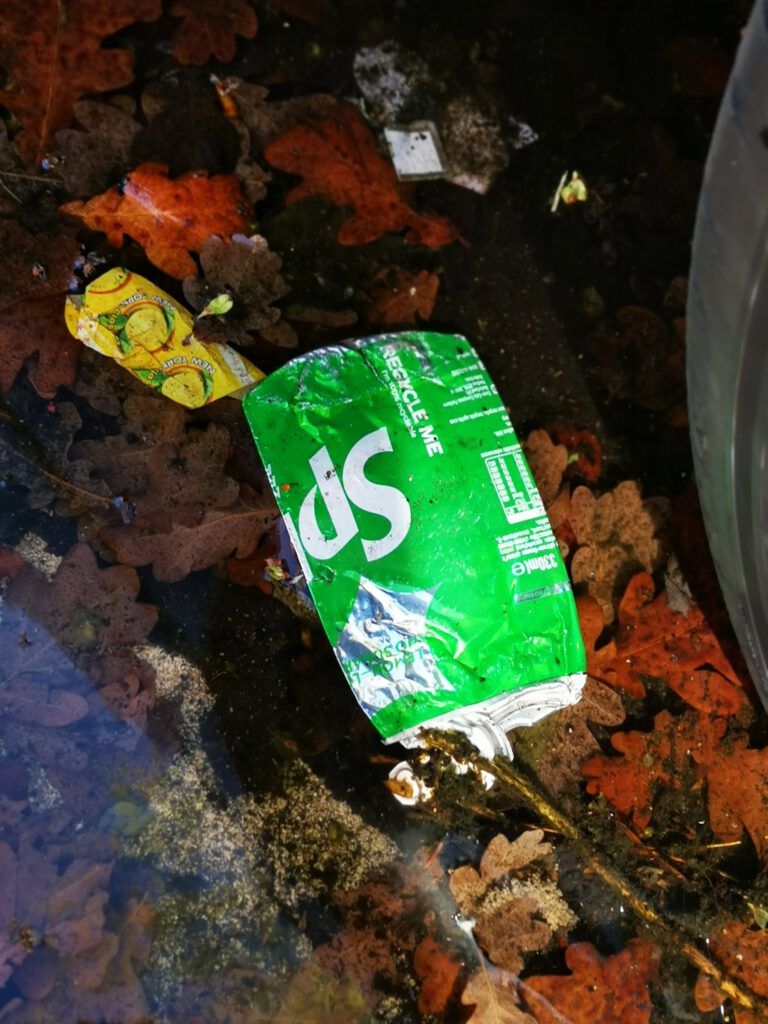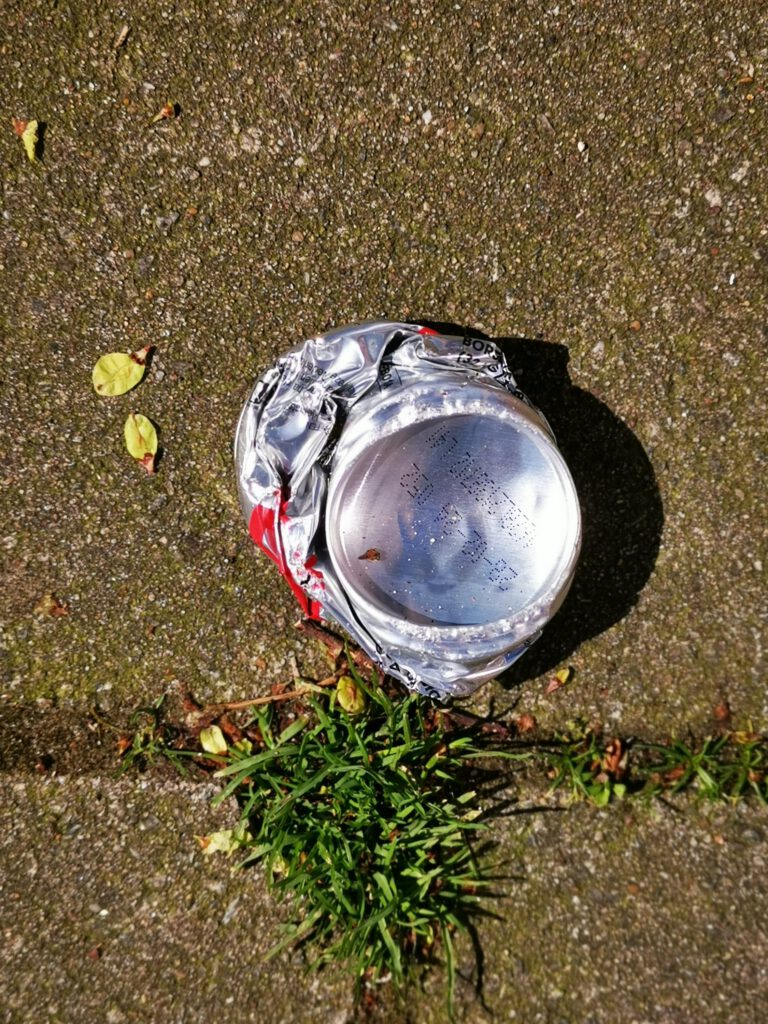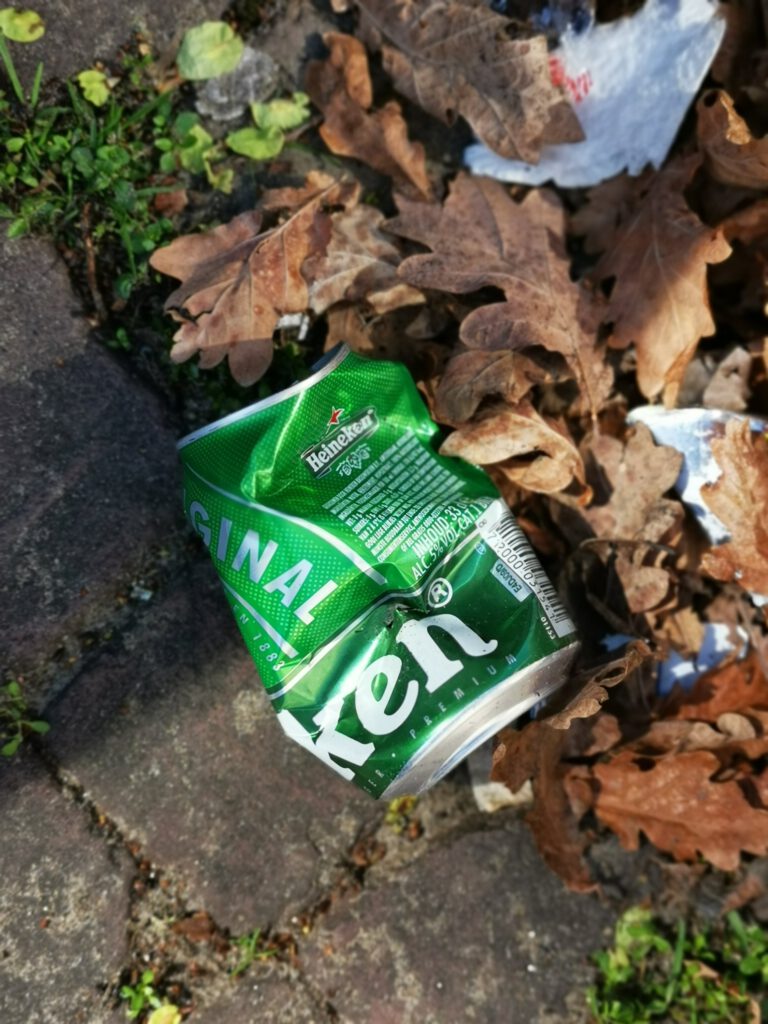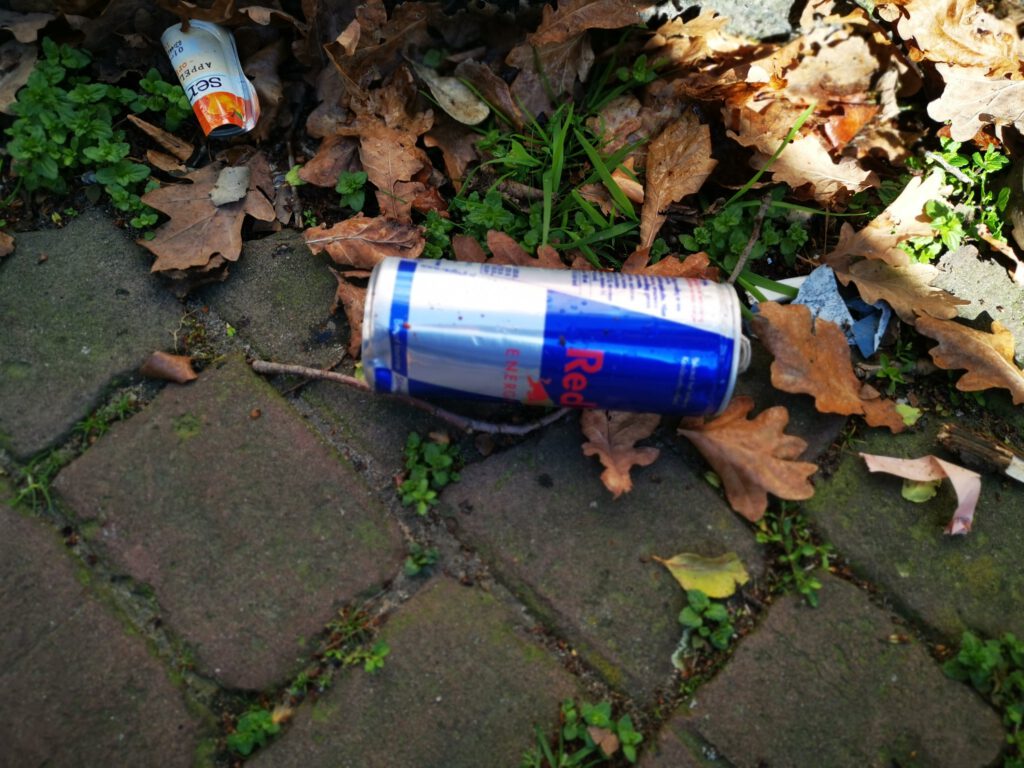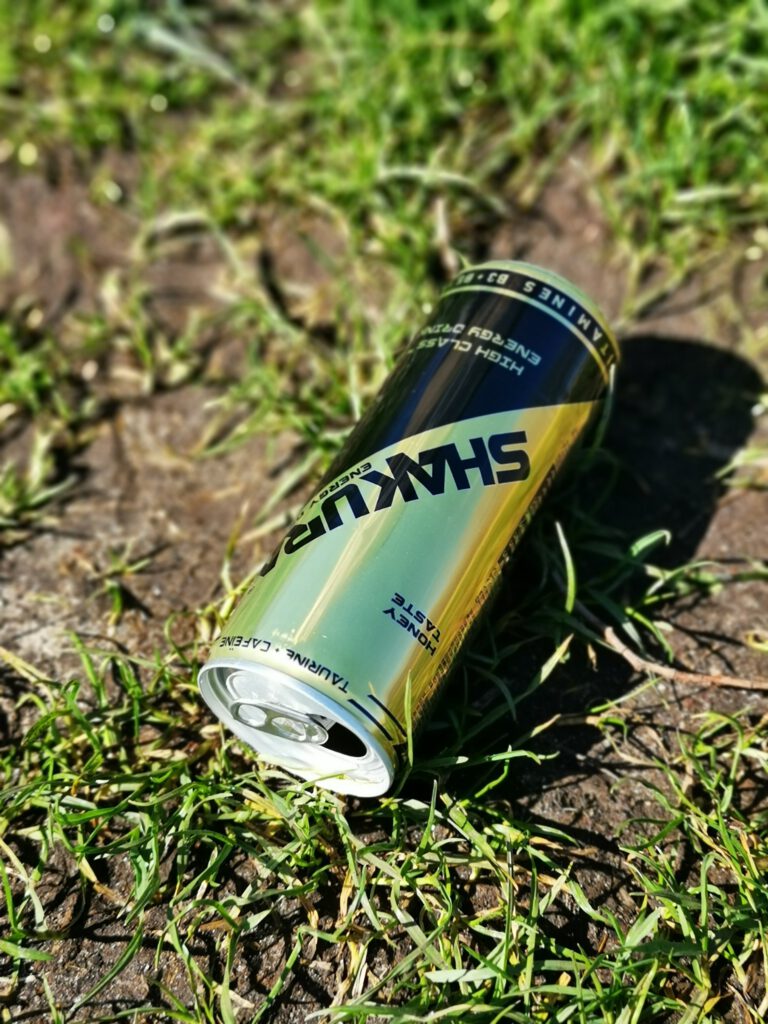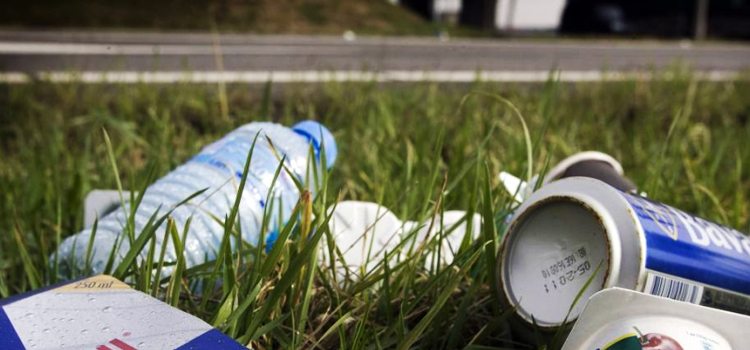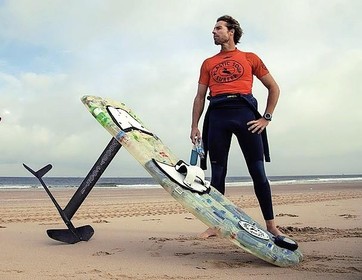The deposit system is not working properly. One and a half year ago, we happily announced the introduction of a 15 cent deposit on all cans and plastic bottles in the Netherlands (in Dutch: statiegeld). The deposit was supposed to improve waste separation and to decrease trash. But in reality we face new problems. What is happening?
GOOD INTENTIONS, BAD RESULTS
Research on behalf of the Ministry of Infrastructure and Water Management showed that a deposit system can reduce the amount of litter by as much as 70 to 90 percent. Moreover, returning your cans or bottles to a vending machine contributes to achieving recycling targets.
Unfortunately, we seem to face more trash these days. Is the deposit system failing? We conclude:
- Only 50% of all cans are returned to a collection point (source)
- Waste bins in public spaces are ripped apart as people desperately search for cans and bottles, causing a lot of nuisance.
- There is an insuffient number of collection points. A point of sale is not automatically a drop-off point.
- The collection points’ machines are often out of order.
- The barcode must be easily scannable, impossible with dented cans.
POSSIBLE SOLUTIONS
Several national consumer campaigns have been launched, showing that consumers can also get their deposit back at petrol stations, for example. Some municipalities have now equipped waste bins with special holders where people can leave their deposit packaging. A nice gesture, but will it be sufficient?
CONTINUE OR ABANDON THE DEPOSIT SYSTEM?
Do you have a suggestion how to tackle this problem? Do you want to continue or abandon the deposit system in the Netherlands? How is this organised in your country? We would love to hear your thoughts.
